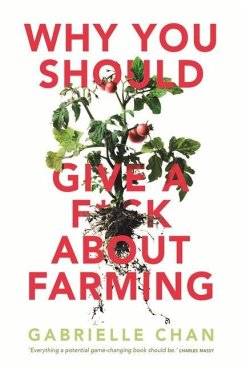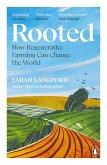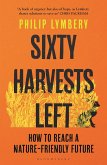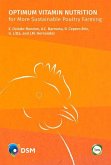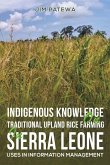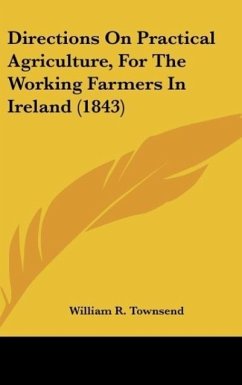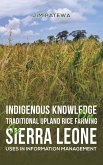Farming sits at the intersection of the world's biggest challenges around climate change, soil, water, energy, natural disasters and zoonotic diseases. Yet Australia has no national food policy. No national agriculture strategy. Our water policy is close to the Hunger Games. People with means can shop at farmers' markets and order brunch, by the provenance of their eggs, bacon, butter, tomatoes and greens. But do they really understand the trade-offs required to grow it? In this book Gabrielle Chan examines the past, present and future of farming with her characteristically forensic eye. She lays out how our nation, its leaders, farmers and eaters can usher in new ways for us to work and live on our unique and precious land. We must forge a new social contract if we are to grow healthy food on a thriving landscape, while mitigating climate and biodiversity loss.This important book will change your thinking about food, farming and how you eat. --

